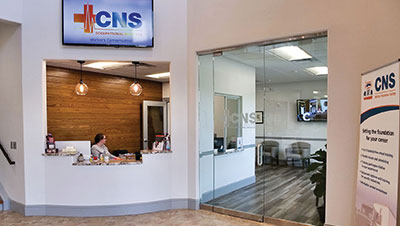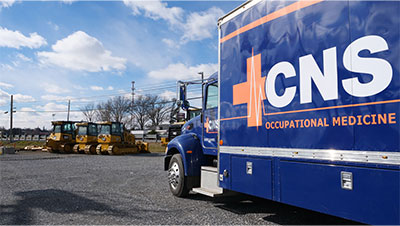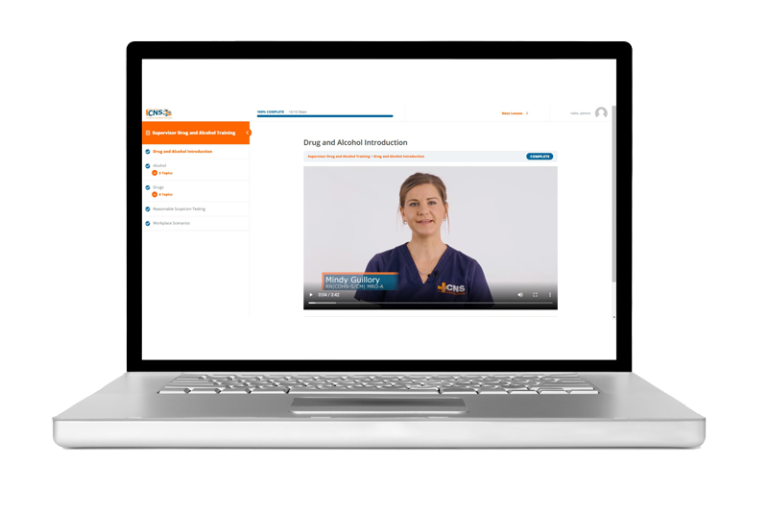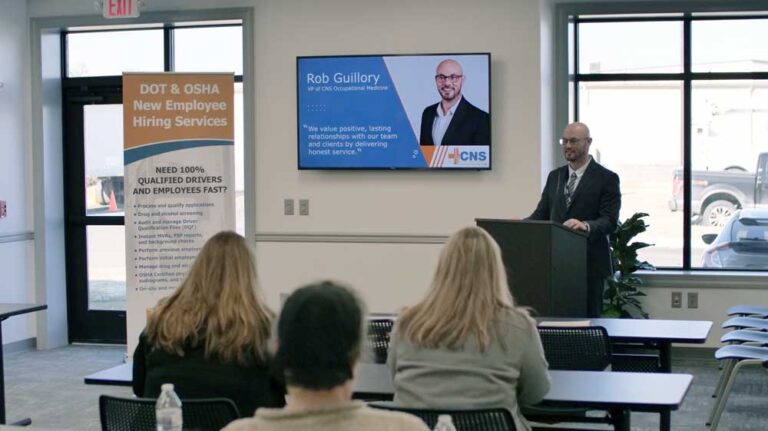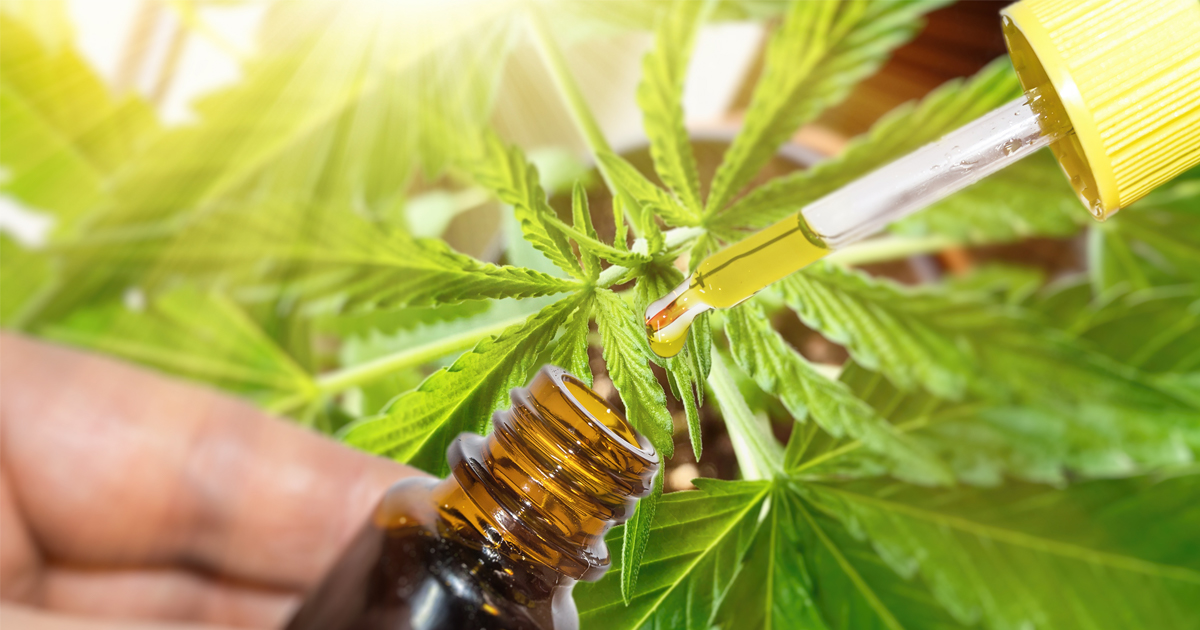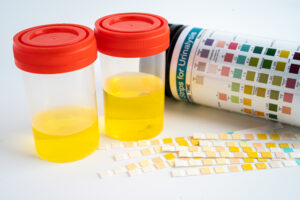The FMCSA issued an update last week to remind motor carriers and CDL drivers to use caution when using hemp and cannabidiol (CBD) products.
In 2018, the definition of marijuana under the Controlled Substances Act removed hemp from the definition. If a hemp-derived product (such as CBD) has less than 0.3 percent tetrahydrocannabinol (THC), it is not a controlled substance.
The confusion is whether safety-sensitive employees such as truck drivers, bus drivers, transit vehicle operators or pilots can safely use CBD products while enrolled in a federal drug and alcohol testing program.
While CBD products that fall under the 0.3 percent THC threshold are legal for safety-sensitive employees to use, the FDA does not certify the THC levels these products contain, and many contain higher levels than the label indicates.
If a safety-sensitive employee were called for a random DOT drug test and happened to use one of these mis-advertised products, they could end up with a positive drug test result.
Since using a CBD or hemp product is not a “legitimate medical explanation” for a confirmed positive marijuana result, it would result in the employee being pulled from safety-sensitive functions until the return-to-duty process has been complete.
How companies should approach CBD products
Companies need to safeguard themselves when it comes to positive drug tests resulting from CBD products with more THC than advertised. This can be done by warning employees of the company’s drug testing policies and the issues surrounding CBD products.
Below are some guidelines when adding CBD limitations in your company policies.
Review state laws
Employers can prohibit the use of marijuana on their premises, even if an employee is legally allowed to use it for medicinal purposes, and job applicants—as well as hired workers–who test positive for THC, can be denied employment, or fired if that is the workplace policy.
But there are some state or jurisdiction exceptions, such as New Jersey, Oklahoma, and New York City.
Reviewing state and city rules is important as there is a possibility that an employee could use an unregulated legally permissible CBD product and trigger a positive test result for THC.
An employer may not know whether the positive result was triggered by CBD oil or marijuana use.
Training managers on approaching CBD products in the workplace
Managers need to know what to do when an employee defends a positive drug test result due to them using a CBD product.
It is best practice for employers to refrain from acting until they have a conversation with the worker.
Regarding CBD use, there is not necessarily a one size fits all approach. An employer might even decide to make an exception to its drug policy if the person has a disability for which he or she uses CBD oil, particularly if he or she is not impaired on the job.
For companies regulated by the DOT, a Drug and Alcohol Supervisor Training is required, which covers how to deal with the use of and the suspected use of illegal drugs and alcohol.
Ideally, employees should let their workplace know about them using a CBD product for medical purposes by going to a doctor, getting a prescription, and sharing it with the employer. This will help prevent people trying to do the right thing from being penalized.
Employers should work with employment counsel and prepare to be flexible until more CBD rules are in place.
For more information, contact us at 800.551.9816 or info@cnsoccmed.com.

